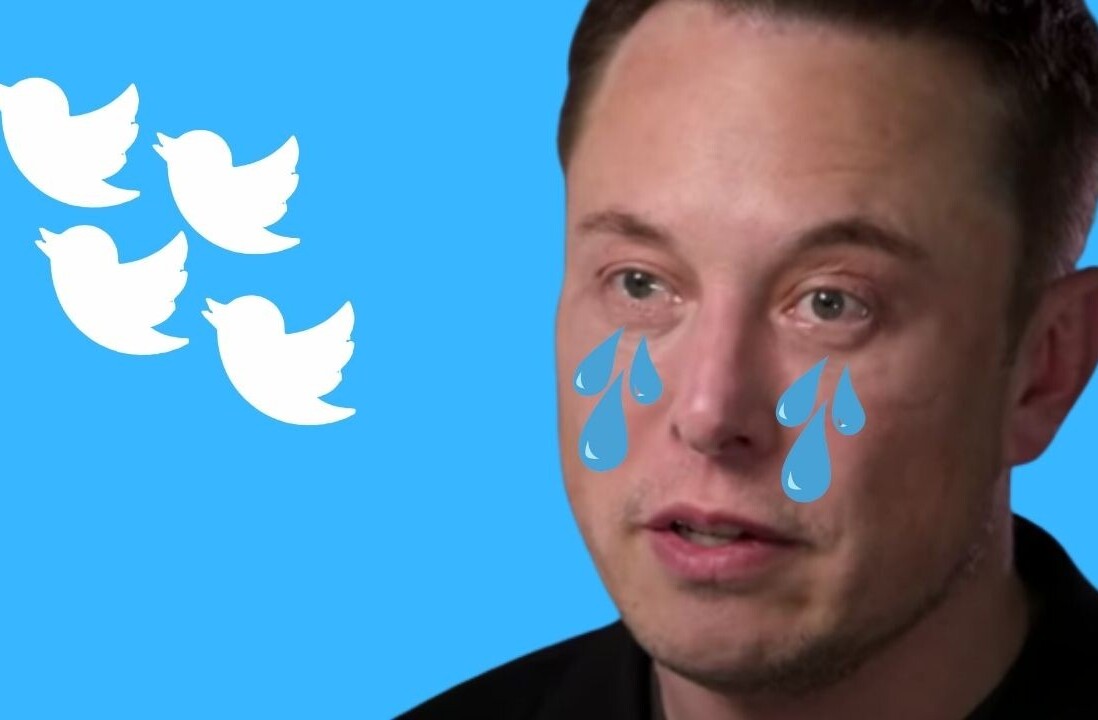
 In what must be the biggest social media own goal this year, British football clubs Manchester United and Manchester City have both banned their players from using Twitter.
In what must be the biggest social media own goal this year, British football clubs Manchester United and Manchester City have both banned their players from using Twitter.
The Manchester Evening News reports that players were told to stay away from social media services after a number of fake accounts were uncovered recently.
Manchester United issued a statement yesterday confirming that none of its players had accounts, while the club’s rivals Manchester City confirmed to the Manchester Evening News that they had the same policy.
Let’s face it, the ‘unofficial accounts’ problem is easily fixed by applying for a ‘Verified Account’ from Twitter, so surely the real issue here is that football (or soccer, if you prefer) clubs want to keep players away from unsupervised public exposure.
Football players are hardly the brightest bunch and are well known for making PR blunders. Players have previously vented their frustration and enraged their bosses after making comments via Twitter. It’s not good for the team’s image if players are breaking rank in public. It generates bad publicity, and that’s nothing compared to the controversy that could be caused if Facebook photos from a players’ drunken nights out went public.
That said, football clubs shouldn’t be blocking their players from social media. In the 21st Century, it’s getting close to being an essential part of your personal freedom to express yourself online if you wish. By excluding their players from participating in what everyone else is doing they’re ignoring the possibilities.
Sure sportspeople make mistakes online, we all do, but if the clubs invested in giving their players training in how to handle the online world they could actually do a lot of positive marketing. Allowing a glimpse into the ‘personal world’ of players via social media could be an effective way to increase fans’ devotion, love and investment in the club – all things that could lead to them spending more on tickets and merchandise.
Darius Vassell, an English player currently with a Turkish club, recently launched his own blog and while hardly cutting edge stuff (his latest post is a picture of a chicken korma he was eating), fans comment on his posts and build up a dialogue with their idol.
Vassell’s example is proof that clubs really should be giving players some rules (no criticising the club, no posting drunk pictures etc) and letting them loose.
Get the TNW newsletter
Get the most important tech news in your inbox each week.



